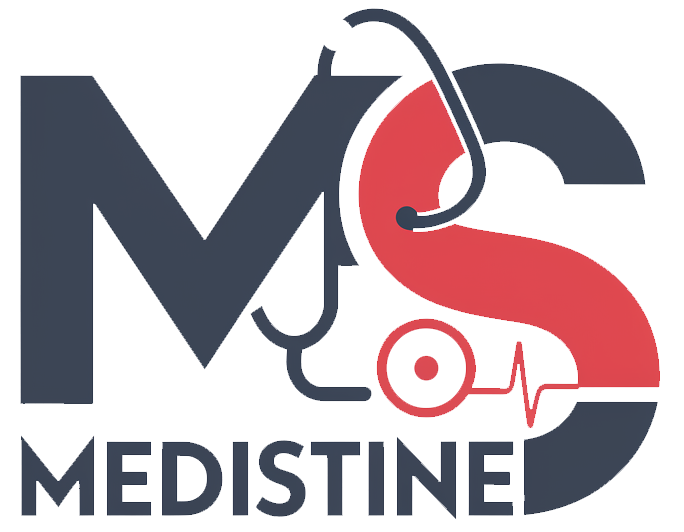In the complex world of healthcare, seeking a second opinion has become not just a choice but a necessity for patients navigating through diagnoses and treatment plans. A medical second opinion refers to consulting another qualified healthcare professional to validate or challenge a diagnosis or treatment recommendation made by the primary physician. This practice has gained significant importance and recognition due to several compelling reasons, all of which revolve around the core principle of ensuring the best possible care and outcomes for patients.
Confirmation of Diagnosis:
One of the primary reasons for seeking a medical second opinion is to confirm the accuracy of a diagnosis. Medical conditions can sometimes be complex, and different healthcare providers may have varying perspectives based on their experience and expertise. Getting a second opinion can help validate the initial diagnosis and ensure that the patient is on the right track for treatment.
Exploration of Treatment Options:
Every patient is unique, and what works for one individual may not be the best option for another. A second opinion allows patients to explore alternative treatment options or approaches that may better suit their needs, preferences, or medical history. This can lead to more personalized and effective treatment plans.
Risk Reduction:
In some cases, a medical second opinion can uncover potential risks or complications associated with a proposed treatment or procedure. This information empowers patients to make informed decisions about their healthcare and consider alternatives that may mitigate risks or offer better outcomes.
Peace of Mind:
Dealing with a medical condition can be stressful and overwhelming for patients and their families. Seeking a second opinion can provide reassurance and peace of mind, knowing that multiple experts have reviewed the case and agreed on the best course of action. This can alleviate anxiety and improve the overall patient experience.
Quality Improvement:
The process of seeking a second opinion can also contribute to quality improvement in healthcare. It encourages collaboration among healthcare providers, fosters discussions about best practices and emerging treatments, and promotes a culture of continuous learning and improvement within the medical community.
Empowerment and Patient-Centered Care:
Medical second opinions empower patients to take an active role in their healthcare journey. By seeking additional input and information, patients become partners in decision-making, promoting a patient-centered approach where their values, goals, and preferences are prioritized.
Complex Cases and Rare Conditions:
For complex medical cases or rare conditions, consulting multiple specialists through second opinions can provide comprehensive insights and access to specialized expertise that may not be available locally. This is particularly valuable in ensuring accurate diagnosis and optimal management strategies.
Legal and Insurance Considerations:
In some situations, such as medical malpractice claims or insurance coverage disputes, obtaining a medical second opinion can also have legal and financial implications. It can serve as evidence of due diligence in seeking appropriate care and support fair outcomes in legal or insurance proceedings.
In conclusion, the importance of a medical second opinion cannot be overstated. It offers patients a safeguard against misdiagnosis or inappropriate treatments, promotes personalized and evidence-based care, enhances collaboration among healthcare professionals, and ultimately leads to better health outcomes and patient satisfaction. Healthcare systems and policies should continue to support and encourage the practice of seeking second opinions as a fundamental right of every patient.



